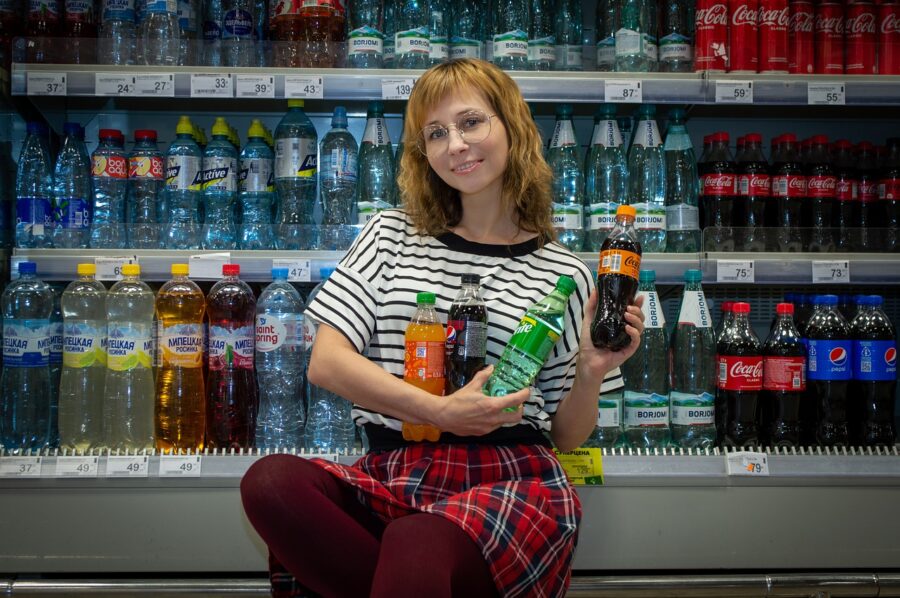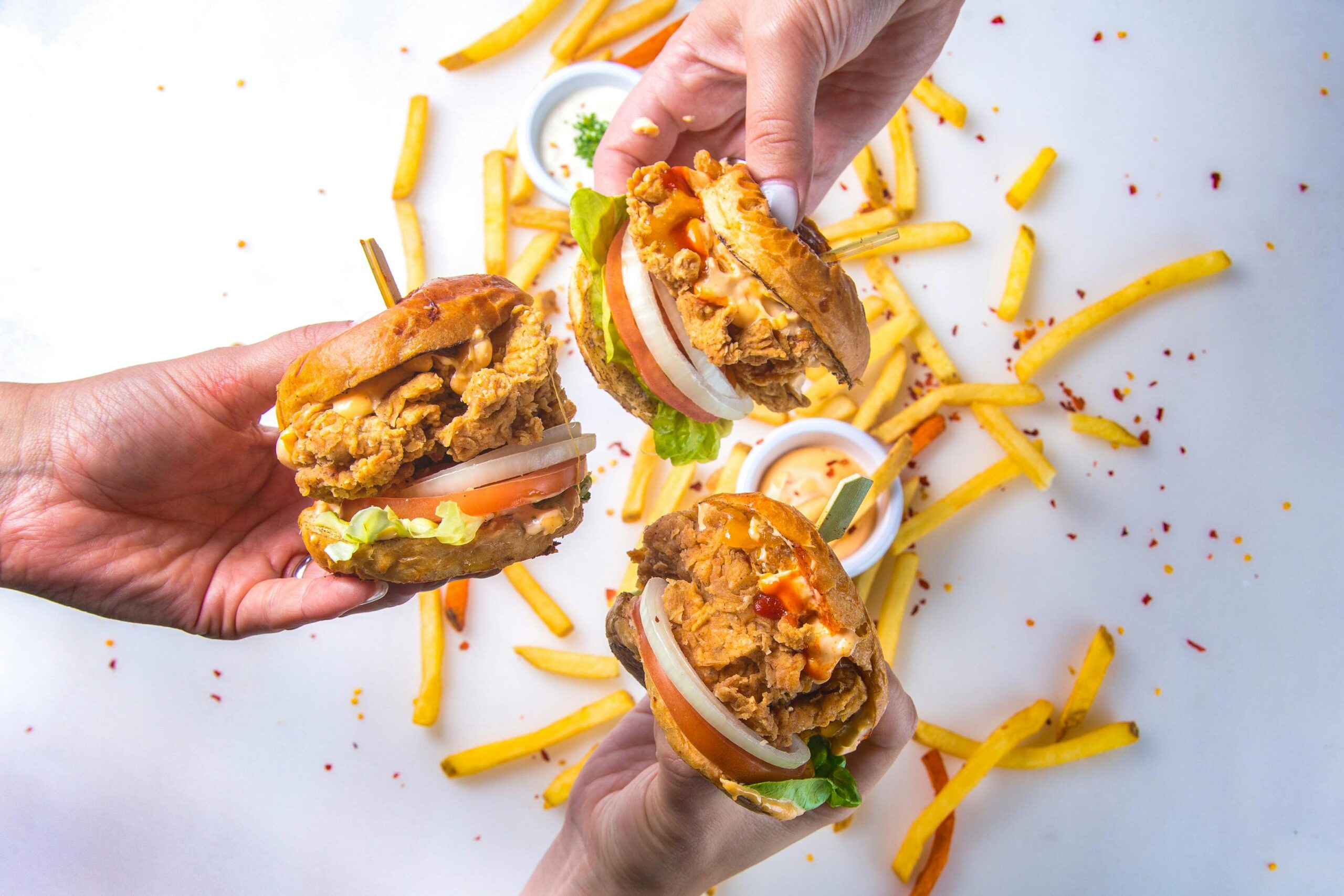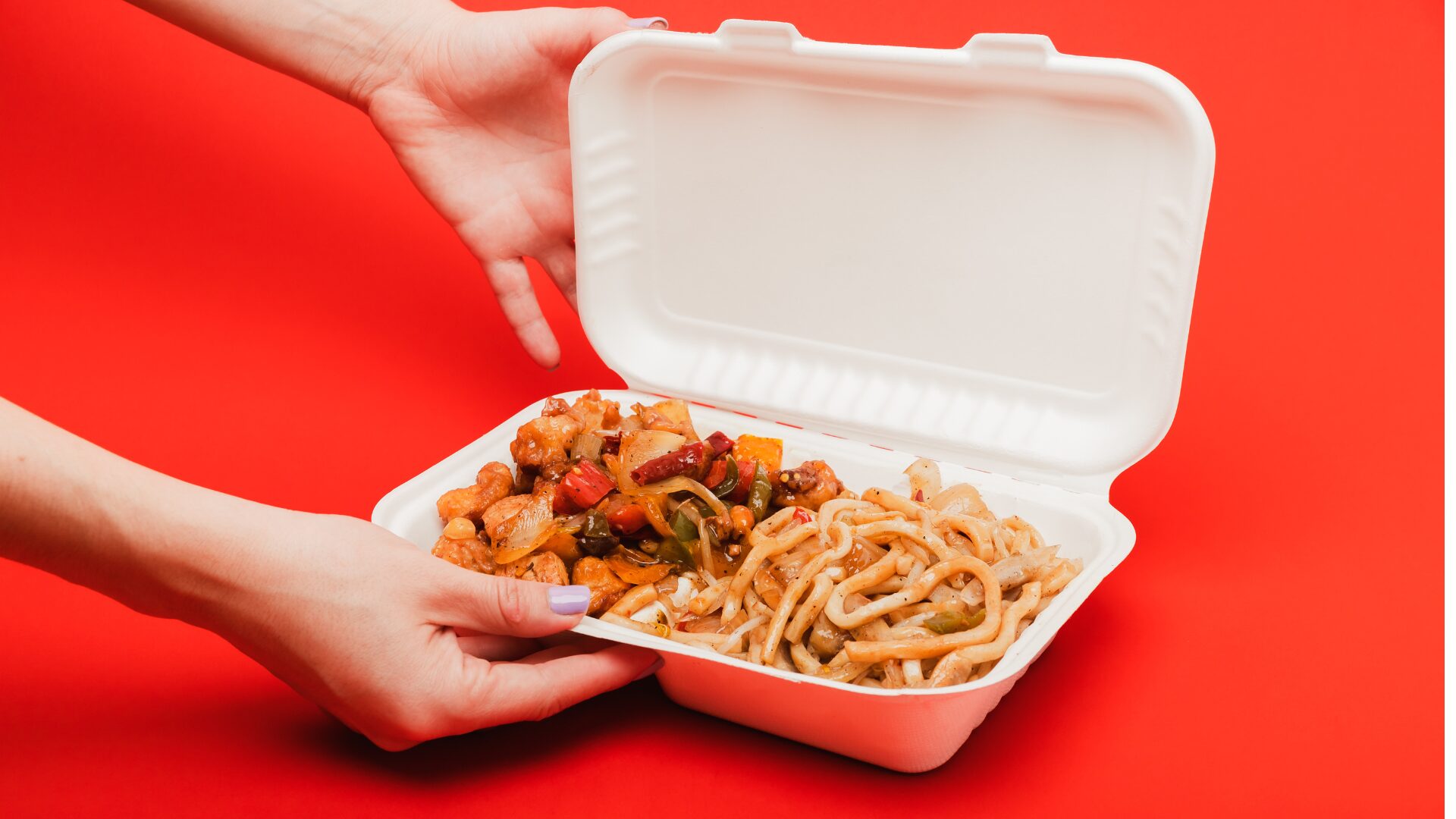In 2022, one of the big stories in the stock market was the stunning outperformance of food stocks. A basket of five major food manufacturers – Campbell Soup, Conagra Brands, General Mills, Kellogg, and Kraft Heinz – gained 22% including dividends. The Standard & Poor’s 500 declined 18% (again, including dividends).
The core driver of the sector’s gains was a potent ability to pass along higher prices to resilient consumers. Price increases clearing 10% combined with flattish volumes to create increased sales and often – surprisingly – better profit margins.
And so one of the key questions about the food industry in 2023 is whether that trend could hold. It seemed likely that, at some point, resilient consumers would give in. In a recent FI webinar, Nik Modi, managing director at RBC Capital Markets, said that the industry was “at the cusp of things really starting to devolve in a negative way.”
Yet, at least so far in 2023, the story has remained largely the same. In its fiscal third quarter (the three months ending February), excluding acquisitions and divestitures, volumes for General Mills were essentially flat. On the same basis, revenue increased 16% thanks to pricing; gross margin rose 1.6 percentage points year-over-year. The story from Campbell in its fiscal second quarter (ending January) was little different. Each company raised its outlook for the full fiscal year.
PRICING HIKES: NEAR AN END?
More recent earnings reports in the beverage space show little change in the trend. Coca-Cola took 11 points off pricing; case volumes still increased 3%. For PepsiCo, snack volume dropped 3% and beverage volume rose just 1%. But thanks to pricing, constant-currency sales grew 12.5% year-over-year, and earnings per share jumped 16%.
Nestle cited high-single-digit growth for its beverages business in North America. Performance in the region as a whole mirrored that of the two soft drink giants. Indeed, the company’s global business, excluding pet food, saw volumes decline but revenues increase sharply, suggesting that resilient consumers are not just a U.S. phenomenon.
That said, it does appear that pricing hikes are near an end. On its earnings call, Coca-Cola said that year-over-year pricing gains would moderate going forward, mostly because subsequent quarters are compared to year-prior periods that included larger price hikes. Nestle management said much the same. PepsiCo chief executive officer Ramon Laguarta said on his company’s call that pricing taken to this point “should be sufficient”.
That might be good news for businesses – assuming their own costs start to moderate. Those costs for now are a “mixed bag”, as Coca-Cola chief financial officer John Murphy put it. Freight and some commodities are coming down; other costs (including labor) remain elevated.
ONE SIGNAL FOR CAUTION FOR RESILIENT CONSUMERS
That still does leave the potential for food and beverage manufacturers to finally get squeezed. The equity markets still have some concern on that front. The aforementioned basket of five stocks is down modestly so far this year including dividends; the S&P has gained almost 7%. Pepsi and Coke are both positive but still underperforming.
There’s one more signal for caution: we are seeing a potentially significant change in consumer behavior in the restaurant business.
On Tuesday, McDonald’s reported its first quarter earnings – which included a dazzling 12.6% increase in same-restaurant sales both globally and in the U.S. Domestically, traffic increased 4% to 5% year-over-year.
It’s worth remembering that McDonald’s was one of the very few businesses of any kind to see its earnings and stock price increase in 2008 and 2009. The chain becomes a more appealing away-from-home option when consumers are feeling stretched. The clear risk for food manufacturers is that the same shift takes place in its industry – and the ability to increase prices at all, let alone by a double-digit percentage, quickly comes to an end.
Vince Martin is an analyst whose work has appeared on multiple financial industry websites. He’s the lead writer at Overlooked Alpha, which offers market-wide and single-stock analysis every week.
The Food Institute Podcast
Click the play button above to listen to the episode.
Nearly one in ten Americans has a food allergy, but even more are affected as a family member deals with a food sensitivity. Allergenis CEO Jim Garner joins The Food Institute Podcast to discuss the reality of living with a food allergy, the current testing methods available on the market, and how the Allergenis assay provides a higher level of accuracy by utilizing artificial intelligence and machine learning.












